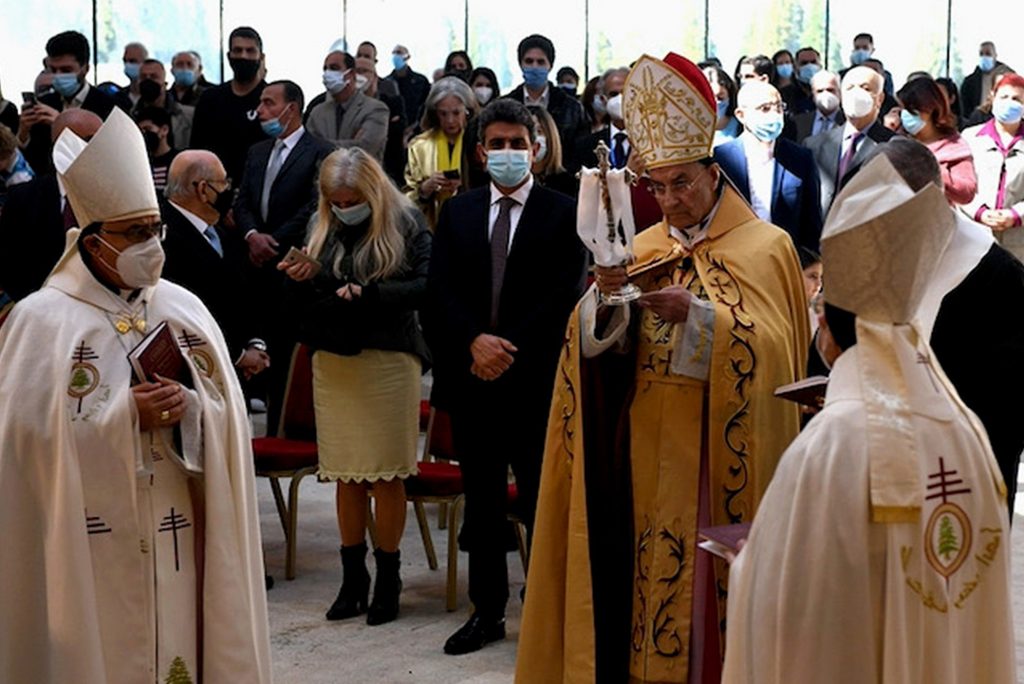13 JULY 2021, THE TABLET
By Catherine Pepinster.
Church leaders in Lebanon are planning to hold a summit with Muslim leaders about the future of the troubled nation, as part of a “road map” given to them by Pope Francis, according to Maronite patriarch Cardinal Béchara Rai.
According to Cardinal Rai, the leaders were offered a series of measures making up the road map during their day of prayer with the Pope in the Vatican on 1 July, held as Lebanon endures economic and political turmoil. The proposals have already led the cardinal, who is head of the Maronite Church and Patriarch of Antioch, to hold meetings with the country’s President Michel Aoun and its apostolic nuncio, Maltese Archbishop Joseph Spiteri.
Cardinal Rai revealed the road map work during a webinar on the future of Christianity and the wider region, organised by Fellowship and Aid to the Christians of the East (FACE). The meeting was the first time that Cardinal Rai had spoken to Catholic bishops and laity in England and Wales and to the Maronite diaspora in the UK.
The cardinal, who led the delegation to Rome of leaders of the Maronite, Melchite Catholic, Greek Orthodox, Armenian and Syrian Orthodox Churches, said that the Pope’s meeting with them was “a prophetic gesture” and that “he traced for us a programme that we can follow together”, which he said was vital for Lebanon in its current crisis. In conversation with Cardinal Michael Fitzgerald, patron of FACE, he said that the biggest challenge facing Lebanon was the political one.
“We have been without a government for 10 months. There is no decision-making process and this is why there is social and economic chaos,” he said. “Our universities, schools and hospitals are all going through a huge crisis and we are losing our best doctors, engineers, professors, and graduates,” he added, referring to those emigrating from Lebanon. The country is also reeling from the explosion that devastated the capital city, Beirut, last year, and from Covid-19 infections.
Cardinal Rai listed other issues raised by the Pope in his road map: political leaders should not follow their own personal interests – “he was really on target there”, said Cardinal Rai. In addition they should encourage a focus on young people, maintain dialogue with non-Christians and urge that women be more involved in decision-making processes in Lebanon.
Cardinal Rai also spoke at the webinar of a need for an international summit to discuss Lebanon’s plight. A major concern for church leaders is the growing imbalance in Lebanon’s population. Christians and Muslims have been equally involved in government since it gained independence from the French in 1943. But influxes of first Palestinian and more recently Syrian refugees have led to Muslims now making up two thirds of its six million population, which is likely to shift the political balance.

